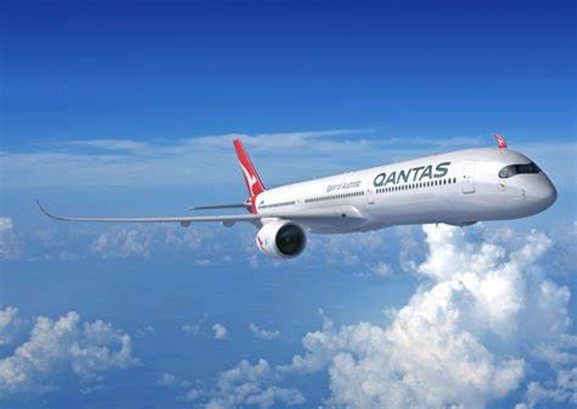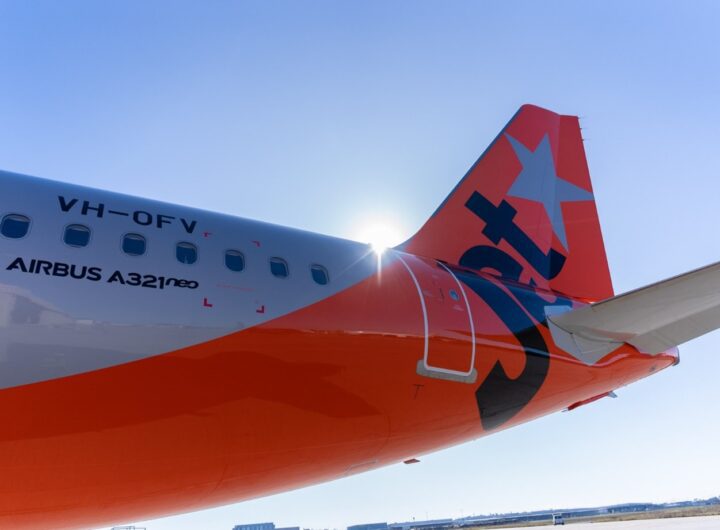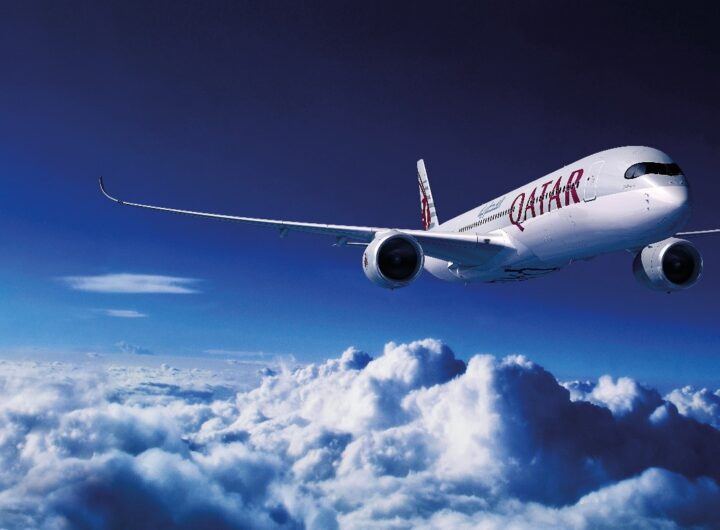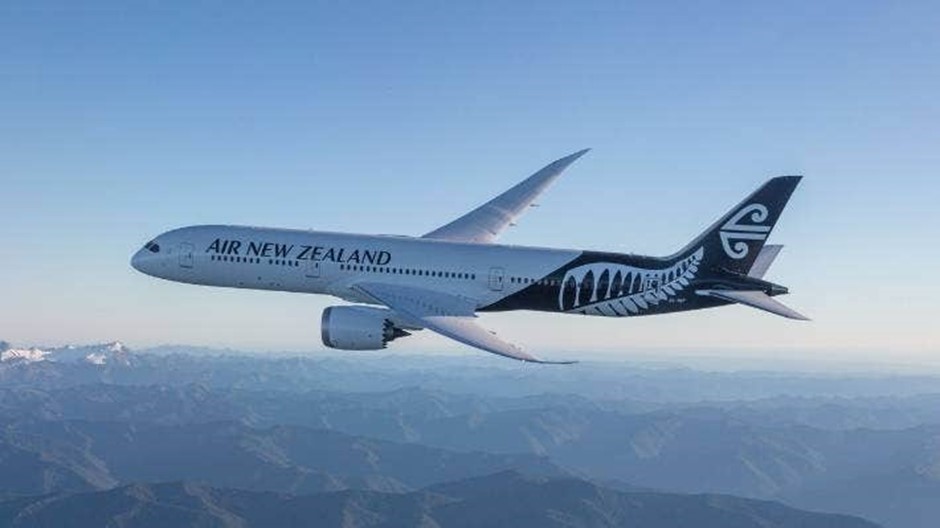
Air New Zealand B787 Dreamliner- Photo Courtesy Air New Zealand
Air New Zealand has reported a net profit after tax of $129m for the first half of the 2024 financial year, marking a 39% drop compared to the same period in 2023. This decrease was anticipated following the airline’s record-breaking results last year due to the swift resurgence of air travel after New Zealand reopened its borders.
Despite the profit drop, the airline’s balance sheet strength has allowed for an unimputed interim dividend of 2.0 cents per share to be distributed to shareholders on record as of 8 March, with the payment due on 21 March.
The airline saw a 21% increase in passenger revenue, amounting to $3.1b, driven by a significant expansion in capacity across the international network. However, signs of weakening demand were observed in the domestic corporate and Government sectors from September onwards. Operating costs, including fuel, rose by 21% due to a substantial increase in long-haul flights this year.
Inflationary pressures continue to impact the airline, with non-fuel operating costs rising around 5%, or $100 million, due to price inflation. This is in addition to an increase totalling 15 to 20% over the last four years. The cumulative effect of these increases significantly impacts the cost of providing air services, prompting the airline to review fares and capacity to reflect ongoing cost pressures better.
Chair Dame Therese Walsh praised the Air New Zealand team for their hard work in facing these challenges. “We knew this year would be tougher than the last when pent-up levels of demand and industry-wide capacity constraints drove one of the strongest financial results in our history,” Walsh said.
CEO Greg Foran highlighted the airline’s commitment to safety and customer satisfaction. “Our on-time performance and contact centre wait times have improved. Food and beverage offerings have been enhanced. Inflight entertainment options and Wi-Fi have also been improved,” Foran said. He also noted that an additional 400,000 people have joined the airline’s loyalty programme over the past year, lifting membership to 4.4 million.
However, the airline is grappling with significant ongoing supply chain issues, particularly additional Pratt & Whitney engine maintenance requirements on their A321neo fleet. This will result in up to five of their newest and most efficient aircraft being out of service at any time across the next 18 months.
These operational challenges and a worsening revenue and cost environment are expected to significantly adversely impact performance in the second half of the year. As noted in the airline’s market update on 19 February 2024, a number of continuing economic and operational conditions have deteriorated, including the impact of additional competition on forward revenue performance, ongoing weakness in domestic corporate and Government demand, temporary cost headwinds of $35 million in the second half to alleviate customer impacts and operational pressures, as well as ongoing cost inflation.
Given these conditions, Air New Zealand anticipates that the performance for the second half of the 2024 financial year will be significantly lower than the first.
Assuming an average jet fuel price of USD$105 per barrel for the second half, the airline currently projects its earnings before taxation for the 2024 financial year to be in the range of $200 million to $240 million. This estimate includes an additional $20 million of currently assumed COVID-related credit breakage over the second half. The future redemption of COVID-related credits remains uncertain and subject to further actions.
This outlook reflects the airline’s ongoing challenges, including operational issues, increased competition, weakening domestic demand, and rising costs. Despite these hurdles, Air New Zealand focuses on delivering excellent customer service and maintaining safety standards. The airline’s resilience in the face of adversity is a testament to its staff’s hard work and dedication.
 Emirates First Travel Store Debuts in Hong Kong, it’s first in East Asia
Emirates First Travel Store Debuts in Hong Kong, it’s first in East Asia  Etihad and Batik Air Malaysia Unveil Codeshare Partnership
Etihad and Batik Air Malaysia Unveil Codeshare Partnership 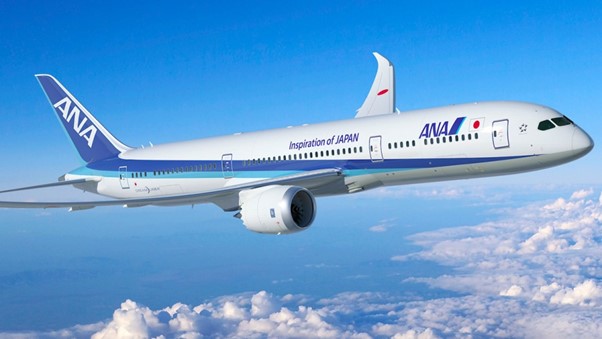 All Nippon Airways Expands Its Network with Three New Destinations
All Nippon Airways Expands Its Network with Three New Destinations 